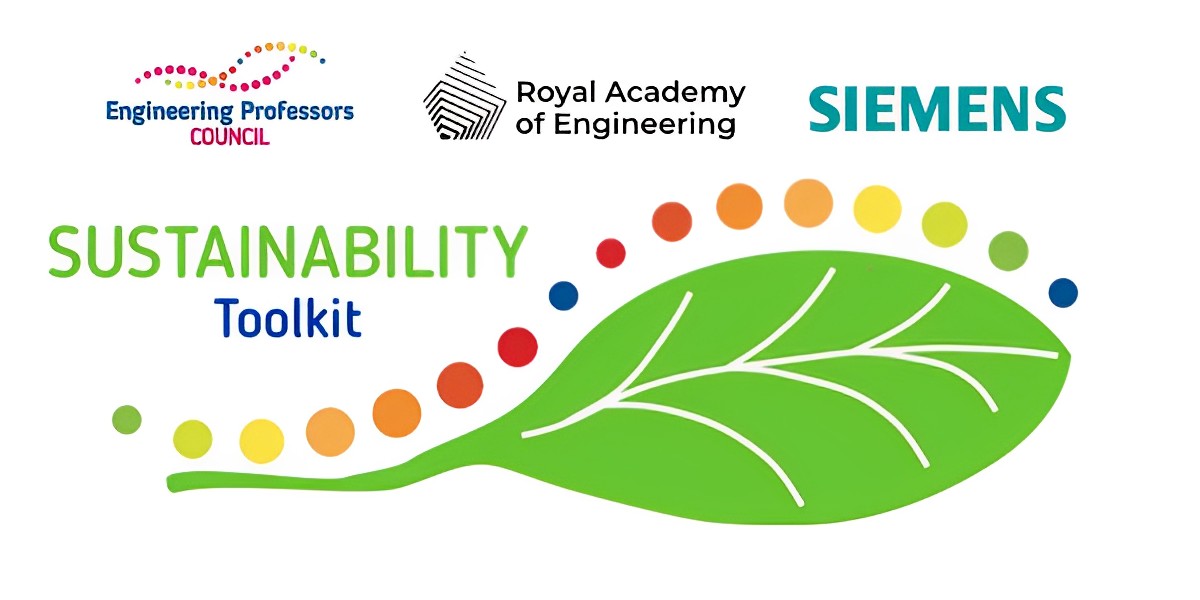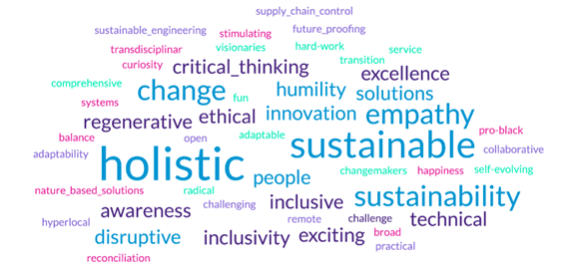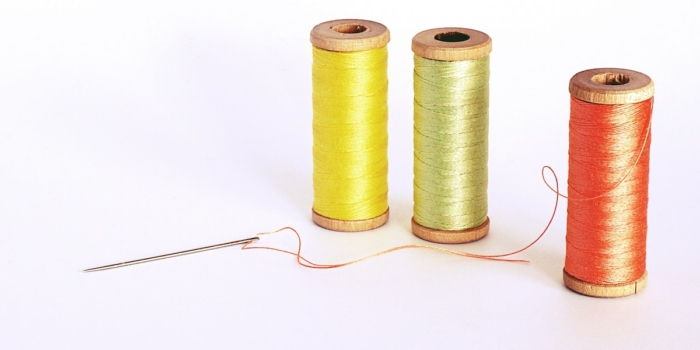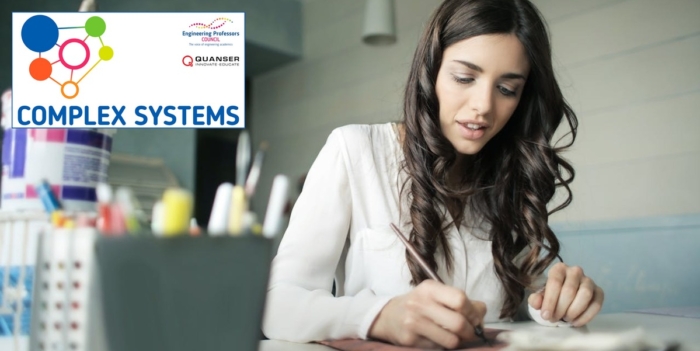Authors: Emma Crichton CEng MICE and Dr Jonathan Truslove MEng PhD (Engineers Without Borders UK).
Topic: How to talk about sustainability in engineering education.
Tool type: Guidance.
Relevant disciplines: Any.
Keywords: Advocacy; Collaboration; Global responsibility; Sustainability; Systems change; Climate change; AHEP; Higher education; Pedagogy.
AHEP mapping: This resource addresses two of the themes from the UK’s Accreditation of Higher Education Programmes fourth edition (AHEP4): The Engineer and Society (acknowledging that engineering activity can have a significant societal impact) and Engineering Practice (the practical application of engineering concepts, tools and professional skills). To map this resource to AHEP outcomes specific to a programme under these themes, access AHEP 4 here and navigate to pages 30-31 and 35-37.
Related SDGs: SDG 4 (Quality education); SDG 11 (Sustainable cities and communities); SDG 13 (Climate action).
Who should read this article? This article should be read by educators at all levels of higher education looking to embed and integrate sustainability into curriculum design. It’s especially useful in helping educators, heads of departments and deans to engage in a constructive or uncomfortable conversation if you don’t see yourself as a sustainability expert.
Premise:
“To not have conversations because they make you uncomfortable is the definition of privilege. Your comfort is not at the centre of this discussion. That’s not how it works. We have to be able to choose courage over comfort, we have to be able to say, ‘Look, I don’t know if I’m going to nail this but I’m going to try because I know what I’m sure as hell not going to do is stay quiet.’” Brene Brown
Some of the best conversations you can have in life are not comfortable to initiate:
- Saying “I love you” for the first time to someone you don’t know will say it back.
- Asking for a pay rise for the first time and having to describe why you are valuable.
- Saying “I don’t know” when you’ve positioned yourself as an expert.
- Talking about your grief. Talking about life. Talking about death.
- Talking about the future. Talking about the past.
Think about a time you’ve participated in a meaningful conversation. These are not easy conversations, but they can also be the ones we look back to as very powerful, even if they took courage to initiate. And sometimes in a conversation, especially a constructive conversation, people disagree. People debate. People have different perspectives. And that’s the beauty of conversation and the beautiful rich diversity of people. It would be so boring if we all had the same life experiences, expertise and thoughts. If we only wanted to hear our own perspective, you can do that in a voice note to yourself, in your journal or by talking to the mirror.
There can also be different conversations depending on the values of those having the conversation. What they see as important, scary or what environment they live in helps form their core understanding. But despite our differences, humans are hard-wired for connection, to listen and talk with others. We discuss ideas in order to find common ground, and/or to learn about an experience we didn’t have ourselves. Difficult, constructive conversations build relationships, while avoiding them leads to a less deep connection.
Why talk about sustainability?
Educators, you have permission to start and facilitate a conversation about something you don’t know much about or are not an expert in. Just be honest about what you know and be driven to learn more.
This relates to conversations around the topic of sustainability. When we talk about how we can live within our planetary limits, whilst meeting the needs of all people, questions about justice, inequality and fairness often crop up. We don’t have one right answer here, we don’t have a magic fix or one person to blame. No one is an expert here. Sure, some know more about the science, others more about people’s lived experiences and others can feel they don’t know enough. But we all have a right to participate in conversations about our collective humanity. For example, conversations you could have with students about sustainability could cover:
- Views on a particular podcast, TED talk or news article.
- Think of a community you love. What would you like life there to be like in 2050?
- What sustainability-related questions or topics would you like to explore?
- What do the Sustainable Development Goals mean to you? How might they connect to community-driven initiatives?
- What does the future of work look like for engineering?
- How do we all acknowledge the burden of shifting the norm in engineering to address sustainability challenges?
- Is there an extra pressure on future engineering generations? How does that feel?
- How might we recognise that those who are most impacted by the climate crisis may not be the ones whose actions are responsible for it?
After all, sustainability is about imagining our future: One where we have less impact on our safe climate and biodiversity and less inequality. But we may see that future world differently. We may worry about the impact any change might have on our lives and the things we value most. Some may struggle with the idea of repurposing golf courses to address our housing crisis, others may struggle with the idea of policies stopping people from flying frequently (but they might be okay with this being imposed on those with private jets). Others may despair at the slow levels of change, where we don’t move from our default trajectory and risk climate breakdown.
On our current trajectory, we are looking at living in a world where our climate exceeds 1.5 degrees of warming, where there is mass migration, sea level rise, etc. This world may be worse, where more people suffer. But would you change how we engineer to make it better or play a role in another way to shift our trajectory?
How to initiate conversations about sustainability in engineering education:
To not have these important conversations means we don’t see any role for ourselves or the organisations we work for in creating change – and that’s not true, since sustainability requires systemic change to how we engineer AND to how we educate. For example, we asked hundreds of engineering educators and educationalists what they hope to see as the future of engineering education. Their responses are visualised below:
Discussing your opinions about these responses could be one way to start a conversation with a colleague.
It is also really important to engage in regular conversations about sustainability with students as a feature of their university education. Be a role model for how to participate in constructive conversations respectfully. Help them practise how to hold and present themselves in these spaces.
So, with this in mind, what can you do?
Initiate the conversation. Prepare to do so. Here are some tips and tricks.
- Open questions are generally your friend; avoid yes/no questions that don’t allow the responder to share their insights.
- Have clarity on what you will do if you don’t know the answer. Could a person in the room go away, research and come back with a more informed response?
- Create a space for people to open up.
- Bring in people who can facilitate this type of environment and learn from them. It is not incumbent on individual educators to create all learning content and deliver that to students.
Be humble! Learning from others is key. Degrees can be designed so that students can frequently hear and learn about different perspectives and develop the ability to speak with economists, social scientists, scientists, humanities experts, ecologists, and those with expertise gained through lived experience. Be willing to learn from others and acknowledge that it’s okay they don’t have all the answers either. In our experience, students usually respect this attitude of humility.
It can be helpful to work with those with experience. Recognise who is leading changes and creating ways for educators to feel safe in leading and making change. Sometimes all it takes is the offer of a coffee with a colleague to form a connection and get a shared understanding of how to move forward.
Seek (and give) advice and share your experience. Share resources, barriers, insights and position initiatives to support in an organised and collaborative way.
Work in partnership with students. Students also have a critical role to play in this shift, not just because they are increasingly demanding to see more sustainability in the curriculum. For many emerging students, sustainability is the topic of their lifetime. Listen to the perspectives of international students, who can bring more diverse perspectives on global responsibility.
“Sustainability is more than a word or concept, it is actually a culture, and if we aim to see it mirrored in the near future, what better way exists than that of planting it in the young hearts of today knowing they are the leaders of the tomorrow we are not guaranteed of? It is possible.” 2021 South African university student (after participating in the Engineering for People Design Challenge during their degree course)
Useful resources to get talking:
There are some excellent resources out there that can help us get started framing and having conversations about sustainability with others:
1. The Talk Climate Change campaign tracks climate discussions to share messages and inspire others around the world. It provides advice, conversation starters and allows you to add your discussions with family, friends, and communities about sustainability to their interactive map and explore conversations submitted by others.
2. Listen to podcasts such as the Liberating Sustainability podcast by Students Organising for Sustainability UK (SOSUK) who bring together leaders from student liberation movements and academia to deconstruct the exclusivity of sustainability activism and education, or An Idiot’s Guide to Saving the World which dives into each of the Sustainable Development Goals and focuses in on ‘who is affected?’, ‘What are solutions on a global scale?’, and ‘what can I as an individual do?’.
3. Watch the presentation on ‘Imagining 2050’ from James Norman, a current educator (who will be 72 years old in 2050) and Cleo Parker, an engineering student (who will be 49 in 2050) during the Institution of Structural Engineers Annual Academics Conference 2022. You can also read the main learning points from the conference in this blog post.
4. The World Café methodology is an example of creating a space for collaborative dialogue around questions that matter and sharing insights and lessons learned. You can see an example of this by the UK Green Building Council (UKGBC) who run Collaboration Cafes on Climate Resilience, here.
5. Watch the TED talks playlists on sustainability covering key questions and visionary ideas on the question of our generation.
This work is licensed under a Creative Commons Attribution-ShareAlike 4.0 International License.
Any views, thoughts, and opinions expressed herein are solely that of the author(s) and do not necessarily reflect the views, opinions, policies, or position of the Engineering Professors’ Council or the Toolkit sponsors and supporters.
To view a plain text version of this resource, click here to download the PDF.






